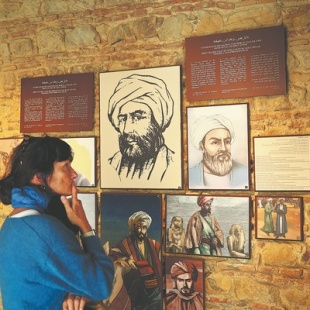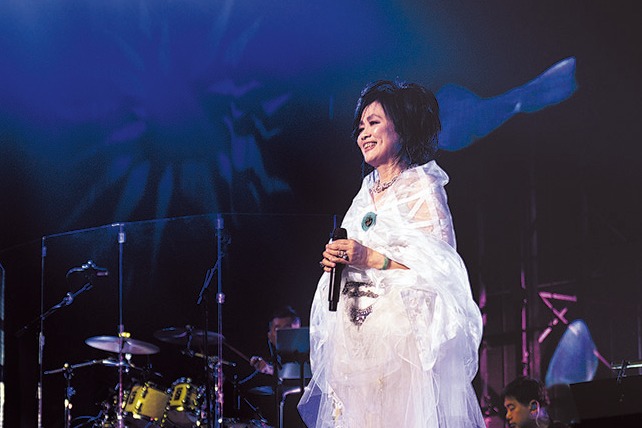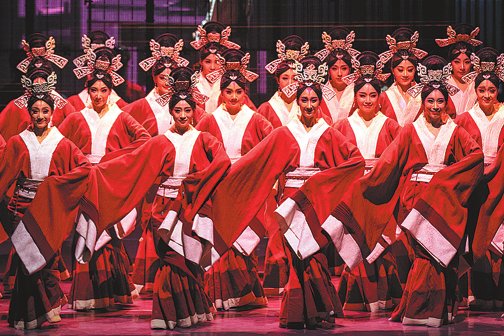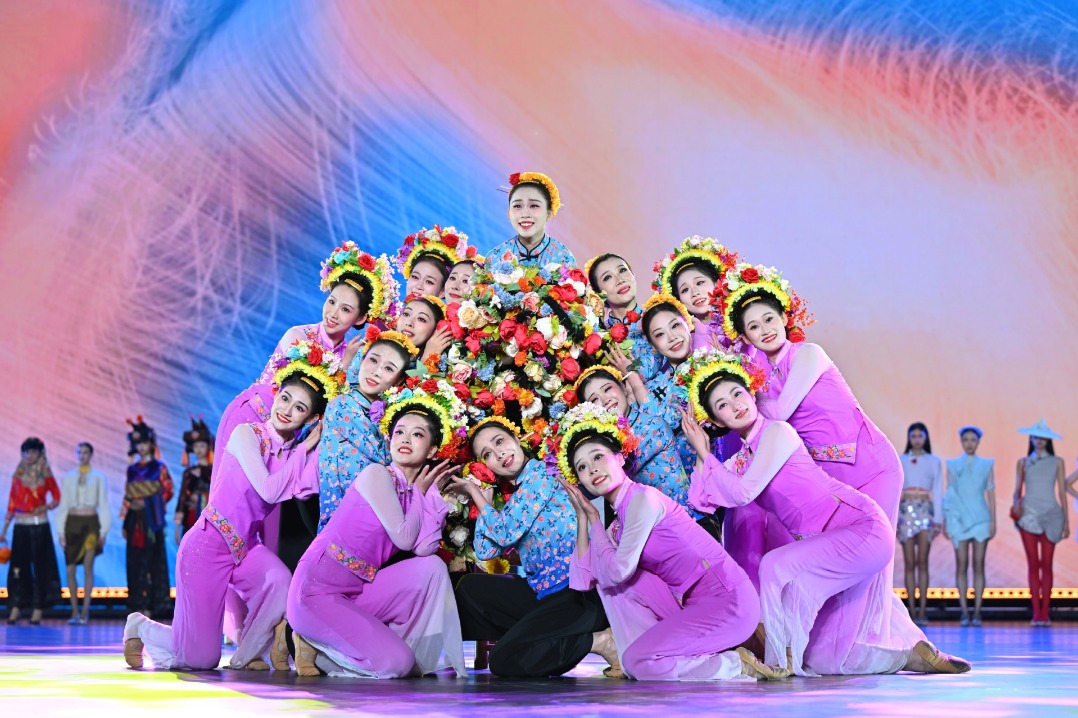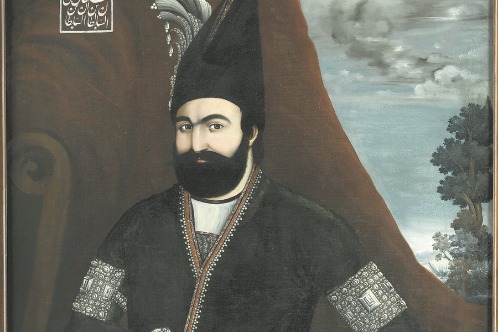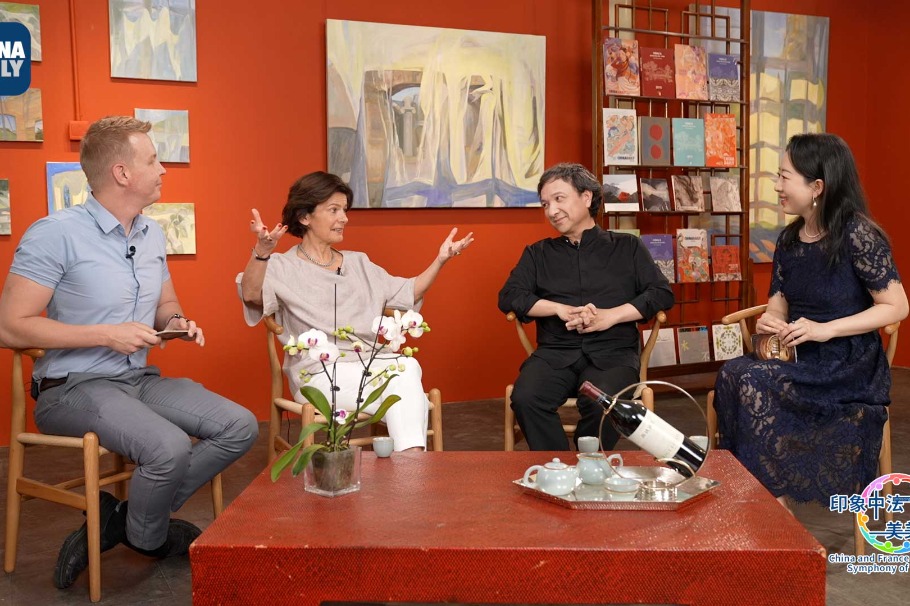Pursuing an explorer's spirit

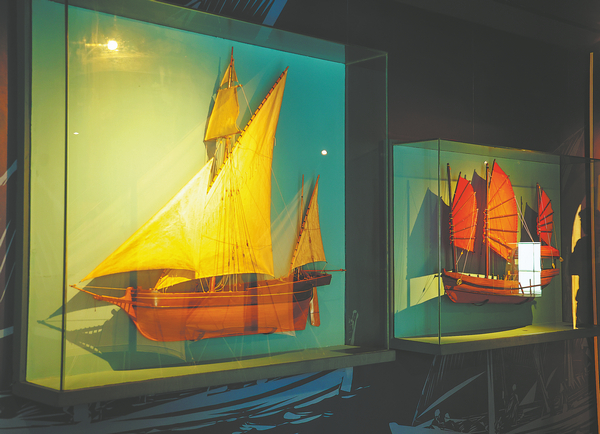
"The movement of goods, ideas, and people continues — except now it's amplified by technology. I've met Chinese merchants in Guangzhou who speak Moroccan Arabic fluently," he says with excitement.
Bechrouri considers Battuta's journey a representation of a golden era cultural diplomacy.
"That's perhaps why many Arabs and Moroccans have initially gravitated to cities he mentioned, like Guangzhou and Quanzhou (Southeast China's Fujian province)," he says.
Liu Xinlu, vice-president of Beijing Foreign Studies University and a senior expert in Arabic studies, points out that while medieval interactions between civilizations were often transactional, centered on silk, spices and precious metals, Battuta's Rihla broke this mold by documenting the human and intellectual dimensions of cross-cultural encounters.
"His contributions to cultural exchange were revolutionary for the 14th century, offering a blueprint for mutual understanding that transcended commerce," Liu says.


